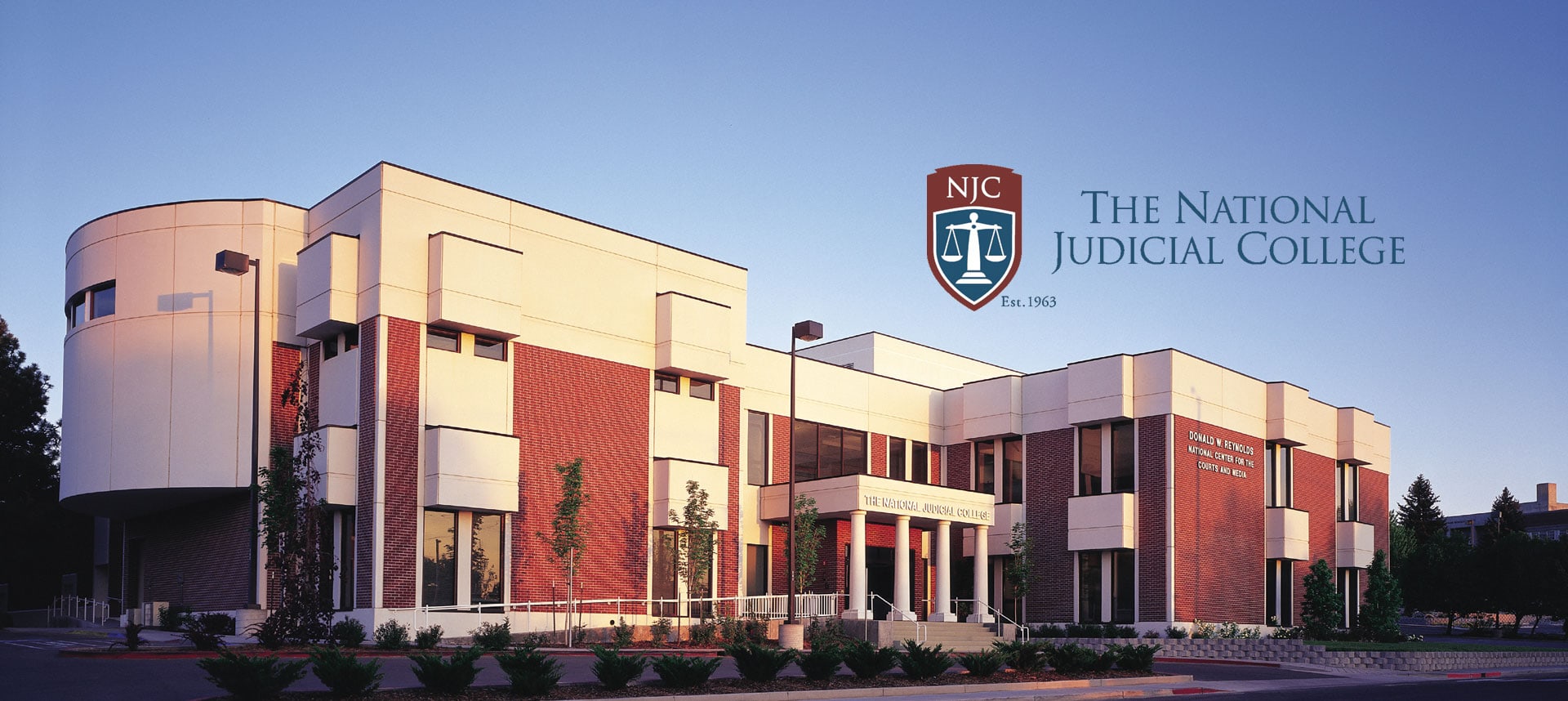
By Autumn King
Our July Question of the Month* asked judges whether they believe judicial education can help rid the courts of implicit bias.
Of the 489 NJC alumni who responded, more than two-thirds (68 percent) said yes.
“Without judicial education,” said Dave Deakin, a superior court judge in Boston, “many of us would be unaware of our implicit biases and, therefore, unequipped to combat them.”
Among judges who left comments, however, the most common sentiment was that judicial education can help, but it likely won’t eliminate the problem.
“With appropriate training it can [be very] helpful,” wrote Mary Shea, an administrative law judge in Oakland, California. “But I don’t think we will ever get rid of [it] completely.”
A handful of judges pointed out that education won’t work unless judges accept that implicit biases are real and they have them.
The crucial point is during decision-making, wrote one anonymous judge. “Just being educated that we have biases is not enough. It requires action on the part of each judge.”
Some “no” voters were skeptical about the power of education to overcome implicit biases.
“We can educate people on judicial topics and behavioral science all we want,” one anonymous judge wrote. “That does not mean we can control each person’s attitude or thought process that’s been engrained since birth.”
Another “no” voter, Judge Cassandra Kirk, chief magistrate judge for the Magistrate Court of Fulton County, Georgia, offered these suggestions for combating implicit bias:
- Perform community work or service or find other ways to connect with communities of people unlike you;
- Start a regular integrated discussion/fellowship and meal time with a community cohort of others.
* Each month the College emails an informal, non-scientific, one-question survey to its more than 12,000 judicial alumni in the United States and abroad. The results, summarized in the NJC’s Judicial Edge Today, are not intended to be characterized as conclusive research findings.

The Hon. Mary-Margaret Anderson (Ret.), a retired administrative law judge with the California Office of Ad...

Happy October, Gaveliers faithful. Are you loving this or what? No one believed a team made up of judges...


Hon. Diane J. Humetewa, the first Native American woman and the first enrolled tribal member to serve as a ...

Retired Massachusetts Chief Justice Margaret H. Marshall has been selected as the 2024 winner of the presti...